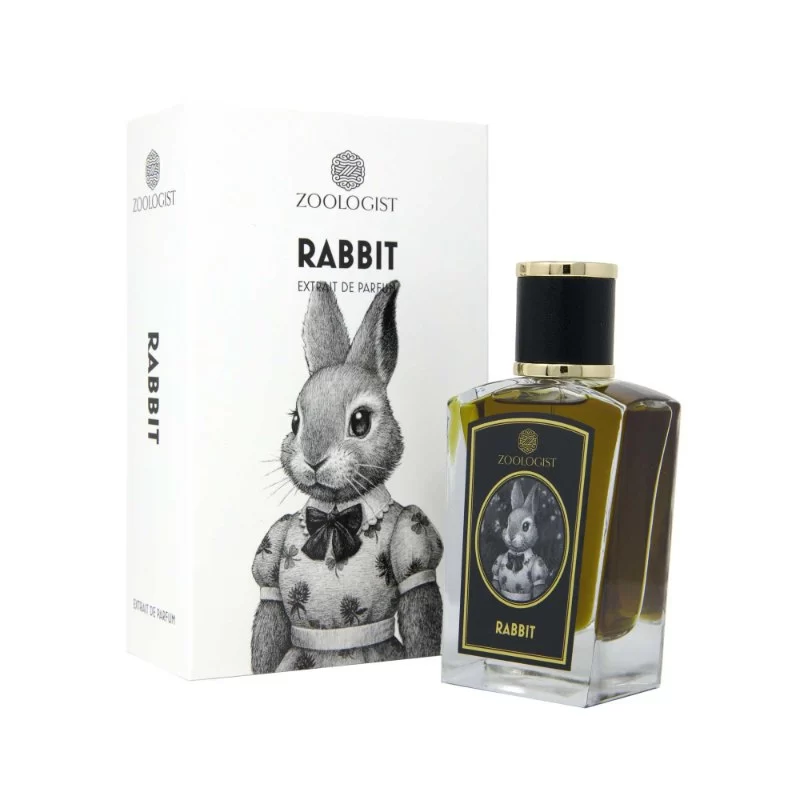- 1 - Rabbits’ Sense of Smell Explained
- 2 - Perfume and Rabbit Behavior
- 3 - Health Risks of Fragrance Exposure
- 4 - Real Stories from Rabbit Owners
- 5 - Safe Practices for Pet Owners
- 6 - Balancing Fragrance and Pet Care
1. Rabbits’ Sense of Smell Explained
Rabbits rely heavily on their noses to understand the world. Unlike humans, their survival instincts are tied to detecting scents in their environment. A rabbit’s sense of smell is estimated to be dozens of times stronger than ours, allowing them to pick up on predators, fresh food, and even subtle changes in their surroundings. This sensitivity is why many owners wonder: do rabbits like perfume? The truth is, perfumes are far too intense for such delicate noses and can trigger discomfort rather than enjoyment.
2. Perfume and Rabbit Behavior
When exposed to perfume, rabbits often show signs of stress or avoidance. They may thump their hind legs, twitch their noses rapidly, or retreat to a corner. Unlike humans who may enjoy a pleasant fragrance, rabbits interpret strong scents as overwhelming stimuli. Their instinct is to move away from anything that disrupts their ability to detect natural odors. This reaction demonstrates that while humans may find perfume appealing, rabbits typically do not appreciate it.
3. Health Risks of Fragrance Exposure
Perfumes contain alcohol, synthetic oils, and chemical compounds designed for long-lasting fragrance. For rabbits, these substances can irritate the respiratory system or skin. Prolonged exposure may lead to sneezing, watery eyes, or even more serious respiratory distress. Veterinary experts often caution pet owners to keep strong scents—including candles, air fresheners, and perfumes—far from their pets’ living spaces. This is especially important for rabbits, whose small bodies and sensitive lungs make them more vulnerable.
4. Real Stories from Rabbit Owners
Real-world experiences highlight the risks of perfume around rabbits. One rabbit owner shared how her bunny, Daisy, began sneezing uncontrollably after she sprayed perfume in the same room. Another described how their rabbit stopped eating hay after being exposed to a strong air freshener, likely because the overwhelming scent masked the smell of food. These stories remind us that what seems harmless to humans can have serious consequences for small pets.
5. Safe Practices for Pet Owners
If you love perfume but live with rabbits, balance is key. Apply perfumes away from your rabbit’s environment and allow time for the scent to dissipate before interacting closely. Avoid spraying fragrances in the same room as your rabbit or on fabrics they frequently touch, such as blankets or bedding. Instead, keep your rabbit’s living area free from artificial scents, focusing on clean air and natural ventilation. This approach ensures that your personal preferences don’t compromise your pet’s health.
For those who still want high-quality fragrances without compromising safety, consider exploring products designed with balanced intensity from Scent Snob. These options allow fragrance lovers to enjoy luxury scents while practicing mindfulness around pets.
6. Balancing Fragrance and Pet Care
So, do rabbits like perfume? The answer is clear: while humans may associate perfume with style and confidence, rabbits find it overwhelming and potentially harmful. Responsible pet care means respecting the sensitivity of your rabbit’s sense of smell and creating an environment where they can thrive. By applying fragrance responsibly and prioritizing your pet’s comfort, you can enjoy both a pleasant personal scent and a happy, healthy rabbit.


0 comments